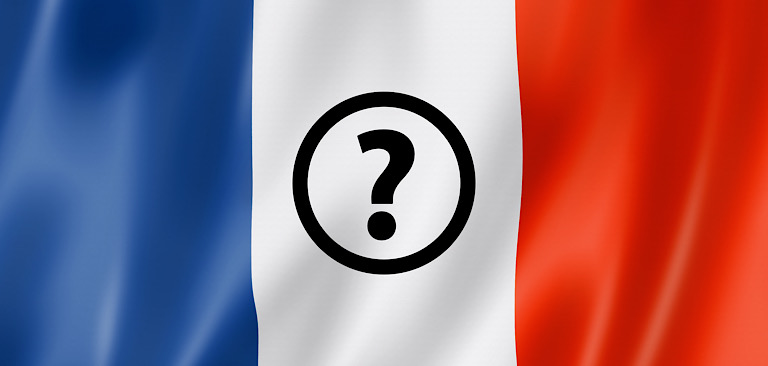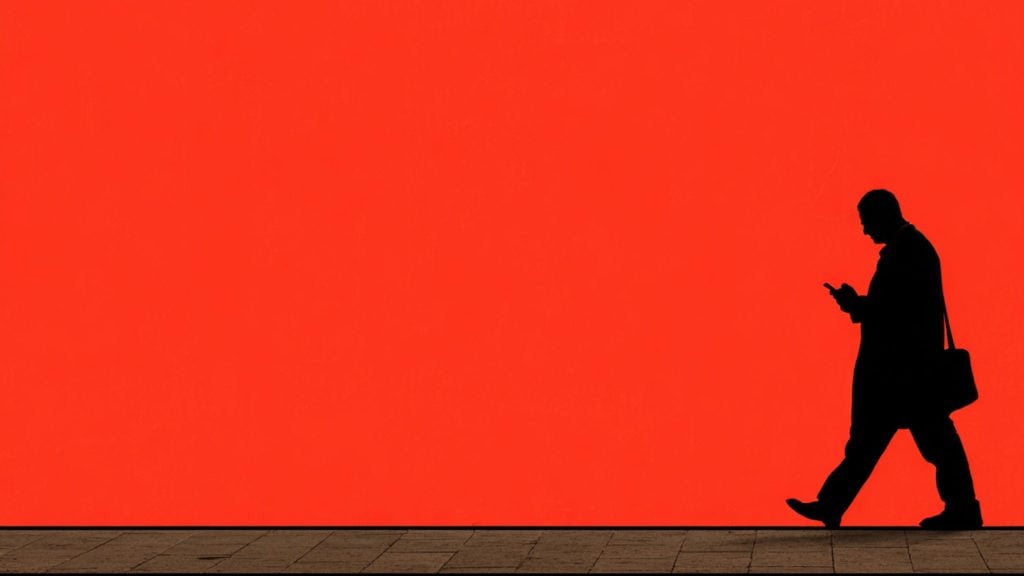As cancel culture mobs roam the internet and tear down anything in their path, online anonymity and pseudonymity are becoming increasingly necessary for those that want to share their opinion without having their entire career, reputation, or livelihood destroyed.
Yet in an interview with Le Parisien, French Prime Minister Jean Castex described online anonymity as “something shocking” and warned that “this is a subject that we will have to take over.”
“You can be called all names, all vices, by hiding behind pseudonyms,” Castex lamented during the interview. “I am in for freedom of expression, but if you hide, the conditions of the debate are distorted.”
Castex added that regulations won’t be coming right away but it’s something he personally thinks should be done.
“Personally, I think we should regulate a little bit of that,” Castex said. “But could I do it now? That is not certain. If we start telling people that we’re going to do everything, they won’t believe us.”
There have been countless examples of the severe ramifications that people face when they post online without anonymity.
In the UK, police log tens of thousands of “non-crime hate incidents” each year. These non-crime hate incidents include police investigating retweets and admitting there’s no crime but telling the tweeter: “I need to check your thinking.”
Outside of these non-crime hate incidents, people regularly lose their jobs or are forced to resign after activists or digital mobs target them for cancelation.
This creates an environment of fear where people are reluctant to criticize the government or a cause publicly because of the potential ramifications and ultimately, it chills free expression and debate.
But Castex isn’t alone in his opinion that national governments should regulate online anonymity.
UK Shadow Home Secretary Diane Abbott has called for an end to online anonymity and said that Facebook and Twitter should log users’ names and addresses so that the government can trace people when they post “abusive things” online.
And when it comes to regulating the internet, online anonymity isn’t the only thing France has in its sights.
The author of France’s failed “hate speech” law, Laetitia Avia, is looking for new ways to censor people online and wants to introduce “a new hate content moderation system.”
Avia’s hate speech law was passed as a draft law in May but France’s Constitutional Council struck it down in June, ruling that the law “undermines the exercise of freedom of expression and communication in a manner that is unnecessary, inappropriate, and disproportionate.”










